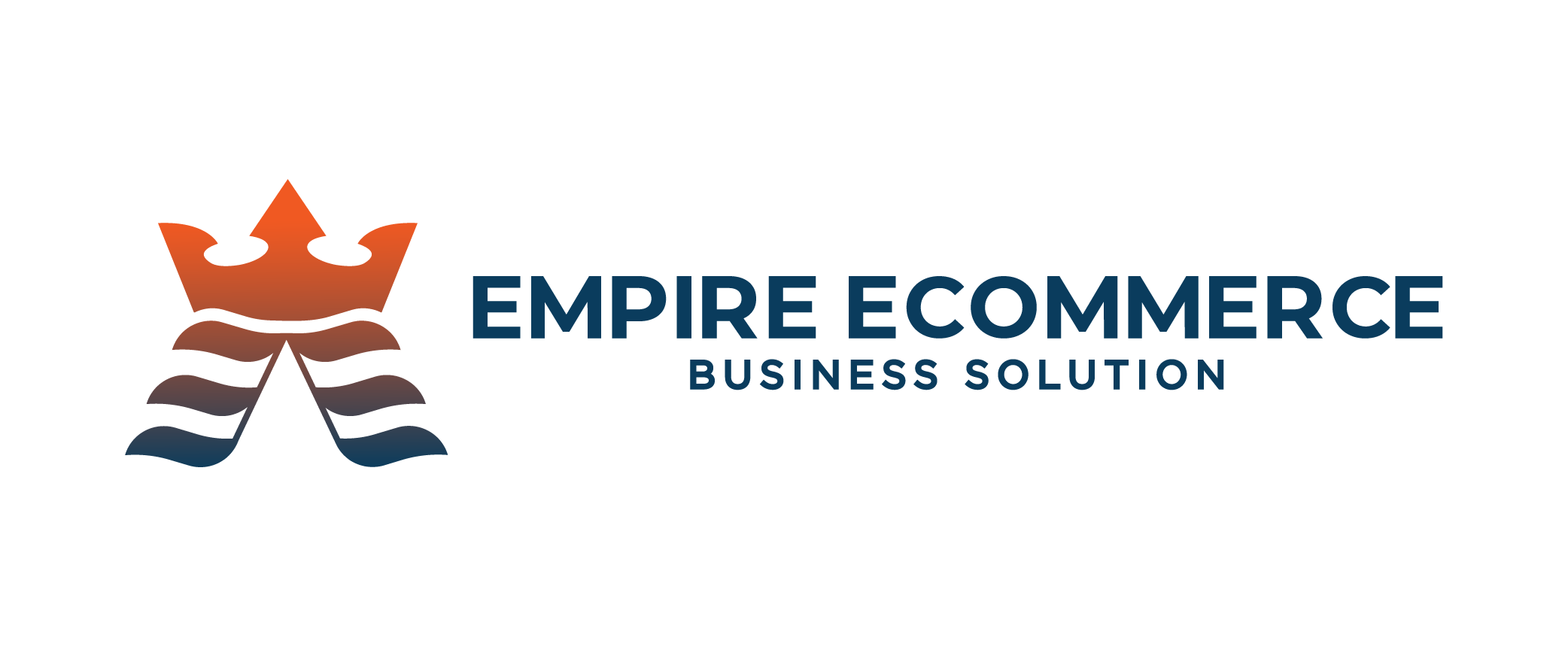UK LTD Company Tax Basics for Beginners
Forming a UK Limited (LTD) company is an exciting step that provides your business with credibility and legal protection. Once your company is registered with Companies House, your next crucial responsibility is to understand and manage your tax obligations with His Majesty’s Revenue and Customs (HMRC), the UK’s tax authority.
Navigating the world of business tax can seem intimidating at first, but understanding the basics is essential for staying compliant, avoiding penalties, and running your business efficiently.
This beginner’s guide breaks down the main taxes that apply to a UK LTD company and explains what you need to do to meet your responsibilities.
1. Corporation Tax: The Main Business Tax
This is the primary tax that almost every limited company must pay.
- What is it? Corporation Tax is a tax levied on the annual profits of your limited company. Profit is calculated as your total income minus your allowable business expenses (e.g., salaries, rent, marketing costs, stock).
- What is the rate? The main rate of Corporation Tax is currently 25%. A small profits rate of 19% may apply to companies with profits under £50,000, with a tapering relief for profits between £50,000 and £250,000.
- What you need to do:
- Register for Corporation Tax: You must register with HMRC within three months of starting to trade.
- Keep Accurate Records: Maintain detailed records of all your business’s income and expenses.
- File a Company Tax Return (CT600): Each year, you must file a Company Tax Return, which calculates your profit and your Corporation Tax liability.
- Pay Your Bill: The deadline to pay your Corporation Tax is typically nine months and one day after your company’s accounting period ends.
2. VAT (Value Added Tax): The Tax on Sales
VAT is a tax applied to the sale of most goods and services in the UK. Your business is not automatically required to register for VAT; it becomes mandatory only when you meet a certain threshold.
- What is it? VAT is a consumption tax that your business collects on behalf of the government. If you are VAT-registered, you charge VAT on your sales and can reclaim the VAT you have paid on your business purchases.
- When must you register? It is mandatory to register for VAT if your company’s VAT-taxable turnover exceeds £85,000 in a rolling 12-month period. You can also choose to register voluntarily before you reach this threshold.
- What is the rate? The standard rate of VAT is 20%. There are also reduced rates and zero rates for certain goods and services.
- What you need to do: Once registered, you must file a VAT return with HMRC (usually every three months), reporting the VAT you’ve charged and the VAT you’ve paid. You then pay the difference to HMRC or claim a refund if you’ve paid more than you’ve collected.
3. PAYE (Pay As You Earn): Taxes for Employees
If you plan to pay yourself or anyone else a salary, you will need to register as an employer and operate the PAYE system.
- What is it? PAYE is the system used by HMRC to collect Income Tax and National Insurance contributions directly from employee salaries.
- What you need to do:
- Register as an employer with HMRC.
- Run payroll each time you pay your employees. This involves calculating the necessary deductions.
- Report to HMRC on or before each payday.
- Pay the collected tax and National Insurance to HMRC every month.
4. Director and Shareholder Taxes: Your Personal Responsibility
It’s important to distinguish between the company’s tax and your personal tax obligations as a director and shareholder.
- Salary: If you pay yourself a salary, it is treated as an allowable business expense for the company, but you will personally pay Income Tax and National Insurance on it through the PAYE system.
- Dividends: You can also take money out of the company’s post-tax profits in the form of dividends. Dividends are not subject to National Insurance, which makes them a tax-efficient way to take income. However, you will pay personal Dividend Tax on any dividends you receive above your annual tax-free Dividend Allowance.
Key Tax Responsibilities at a Glance
| Tax Type | What It Is | Who Pays It | When to Act |
| Corporation Tax | Tax on company profits. | The LTD company. | Register within 3 months of trading; file annually. |
| VAT | Tax on goods and services sold. | The company (if registered). | Register when turnover exceeds £85,000; file quarterly. |
| PAYE | System for employee taxes. | The company (on behalf of employees). | Register before you pay any salaries; report monthly. |
| Dividend Tax | Personal tax on dividends. | You, the shareholder. | Reported on your personal Self-Assessment tax return. |
Stay Compliant, Stay Confident
Understanding your tax responsibilities is fundamental to the health and success of your UK company. While it involves careful record-keeping and meeting deadlines, proper tax management can also lead to significant efficiencies. Most new business owners hire an accountant to handle their annual accounts and tax filings to ensure everything is done correctly and optimized for tax efficiency.
Navigating the UK tax system can be one of the most complex parts of running a business. At Empire Ecommerce, we can connect you with trusted UK accounting partners who specialize in working with new companies and non-resident directors, ensuring you remain compliant from day one.
Ready to manage your UK company’s finances with confidence? Contact Empire Ecommerce for a free consultation and let us help you get set up for success.
Disclaimer
This portion of our website is for informational or educational purposes only. Empire Ecommerce is not a law firm, and the information on this website does not constitute legal advice. All statements, opinions, recommendations, and conclusions are solely the expression of the author and provided on an as-is basis. Accordingly, Empire Ecommerce is not responsible for the information and/or its accuracy or completeness. It also does not indicate any affiliation between Empire Ecommerce and any other brands, services or logos on this page.







